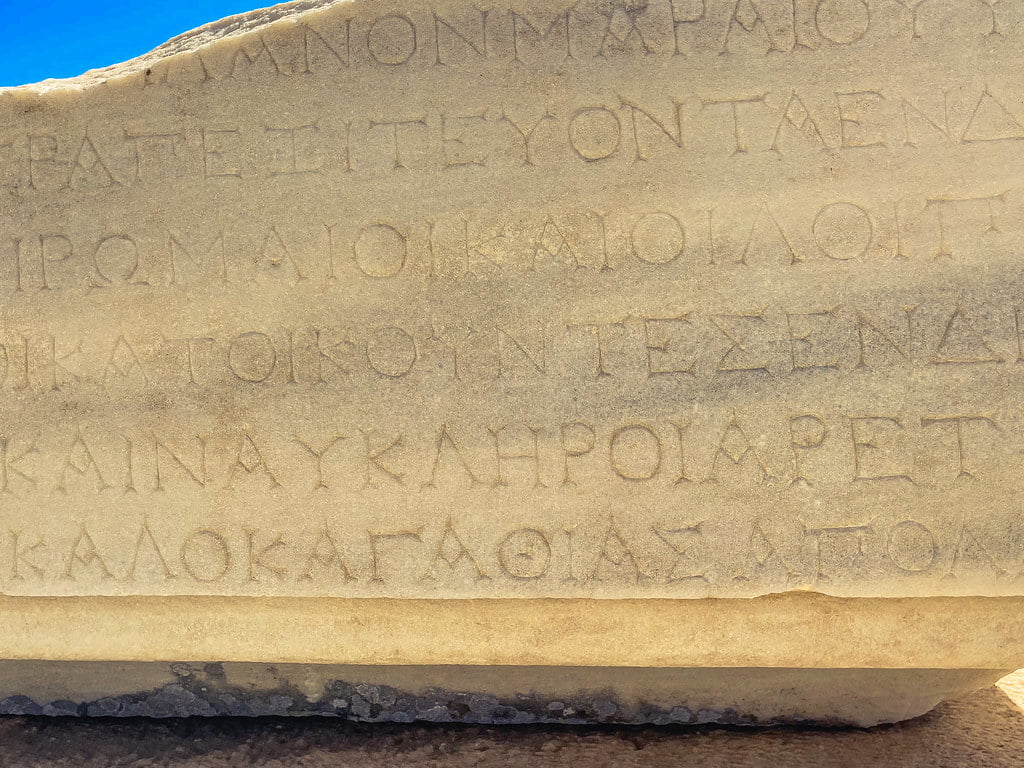The Historical Roots of Greek Nightlife
The origins of Greek nightlife can be traced back to ancient times when gatherings around food, drink, and music were central to social life. In ancient Greece, symposiums were social institutions where men would gather to discuss philosophy, politics, and the arts while enjoying wine and entertainment. These events were not just about leisure but were key in shaping public opinion and culture.
In these gatherings, the concept of “philoxenia,” or hospitality, played a crucial role. Guests were treated with utmost respect, and the host’s generosity was considered a reflection of their virtue. This tradition of socializing and entertaining guests, often late into the night, laid the foundation for what would become an enduring element of Greek culture.
Evolution of Nightlife: From Taverns to Modern Clubs
As Greek society evolved, so too did its nightlife. During the Ottoman period, coffee houses became popular as places where people could gather, exchange news, and engage in social discourse. These coffee houses were the precursors to the modern kafeneio, a traditional Greek café where men would meet to talk, play cards, and spend leisurely hours.
The 20th century brought significant changes as Greece underwent urbanization and modernization. The post-war period saw the rise of bouzoukia, music venues that became central to Greek nightlife. Bouzoukia clubs, named after the bouzouki instrument central to laïkó music, became places where people from all walks of life could come together to enjoy live music, dance, and celebrate. These venues embodied the Greek spirit of kefi, a word that loosely translates to a state of high spirits or blissful exuberance often achieved through music, dance, and shared company.
As Greece’s economy grew in the second half of the 20th century, nightlife expanded beyond traditional music venues to include a variety of nightclubs, bars, and cafes that catered to the tastes of younger generations. This period saw the blending of Western influences with traditional Greek elements, creating a nightlife scene that was uniquely Greek yet cosmopolitan in flavor.
Nightlife as a Reflection of Greek Social Values
Nightlife in Greece is deeply tied to the country’s social fabric. It is not just about entertainment but about community, identity, and expression. Greeks have always emphasized the importance of socializing and group engagements, and the nightlife scene is a reflection of this cultural standard. Whether it’s a night out with friends or an spontaneous gathering in a local taverna, these social interactions are fundamental to Greek life.
This social aspect of nightlife is particularly evident in the concept of pareá, which refers to a group of friends who regularly spend time together. Pareá is central to Greek social life, and the group dynamics often play out in the nightlife scene. In Greece, nights out are rarely solitary activities; they are shared experiences, where the bonds of friendship and community are strengthened.
Moreover, the Greek approach to nightlife often blurs the line between day and night. It’s common for Greeks to enjoy long dinners that seamlessly transition into late-night outings, reflecting the culture’s relaxed attitude towards time and a deep appreciation for the pleasures of good company, food, and drink.
The Role of Music and Dance in Greek Nightlife
Music and dance are at the heart of Greek nightlife, with deep cultural significance. Traditional Greek music, from the melancholic melodies of rebetiko to the lively rhythms of syrtaki, plays a crucial role in setting the mood for a night out. In many venues, live music performances are a staple, offering a connection to Greece’s rich musical heritage.
Dancing is also an integral part of the nightlife experience. Traditional dances like the hasapiko and zeibekiko are not just performances but expressions of emotion and identity. In clubs and tavernas across the country, you’ll find people of all ages taking to the dance floor, where the act of dancing becomes a communal experience that transcends generations.
Nightlife as a Cultural Celebration
Greek nightlife is ultimately a celebration of life itself. It’s an expression of joy, resilience, and the Greek concept of filotimo, a complex set of values that includes honor, pride, and a sense of duty towards others. Whether it’s a casual evening in a local bar or a night of dancing until dawn, these experiences are imbued with a sense of shared humanity and a collective spirit of celebration.
Even during challenging economic times, this cultural component of nightlife has remained strong. The Greek society was deeply affected by the financial crisis starting in the late 2000s, yet nightlife continued to serve as an essential means for social and emotional expression. Despite obstacles, Greeks continued to come together, dance, and savor life’s basic joys, showcasing the culture’s resilient spirit.
Nightlife as an Enduring Tradition
Nightlife in Greece is much more than a modern pastime; it is a deeply ingrained cultural tradition that reflects the country’s values, history, and love for life. From ancient symposiums to contemporary nightclubs, the evolution of Greek nightlife tells the story of a society that values connection, celebration, and the joy of living. Whether through music, dance, or simply spending time with loved ones, Greek nightlife remains a vibrant expression of what it means to be Greek—a testament to the enduring spirit of a culture that finds beauty in every moment, day or night.









